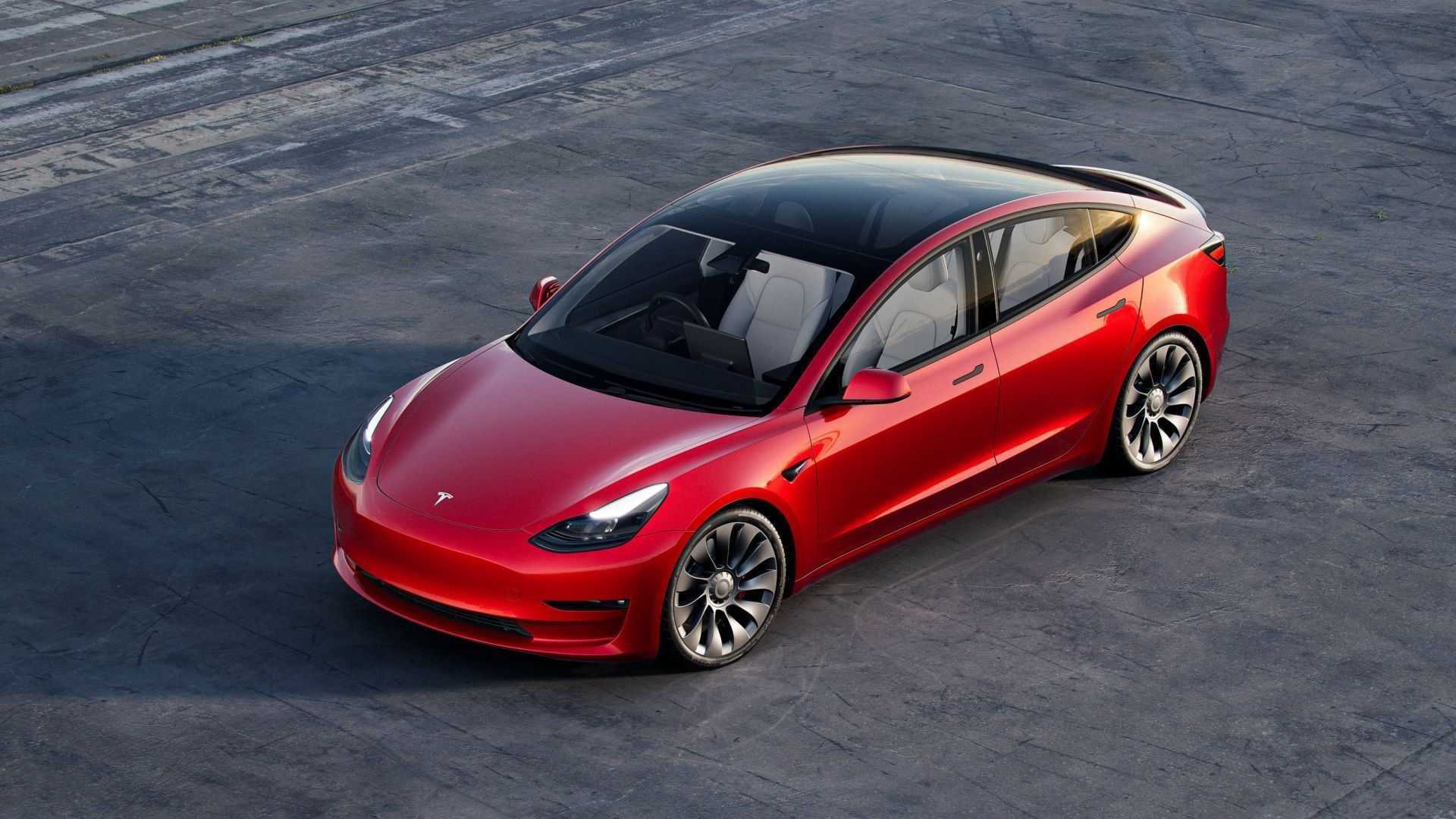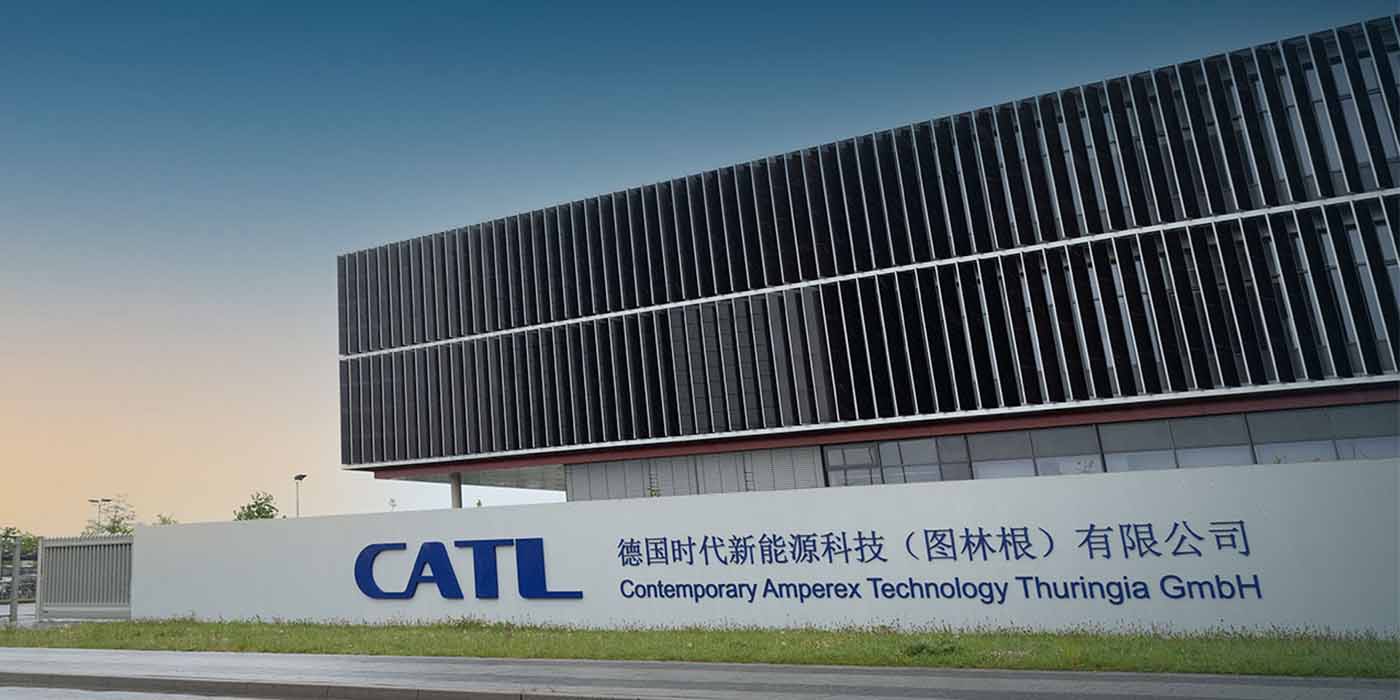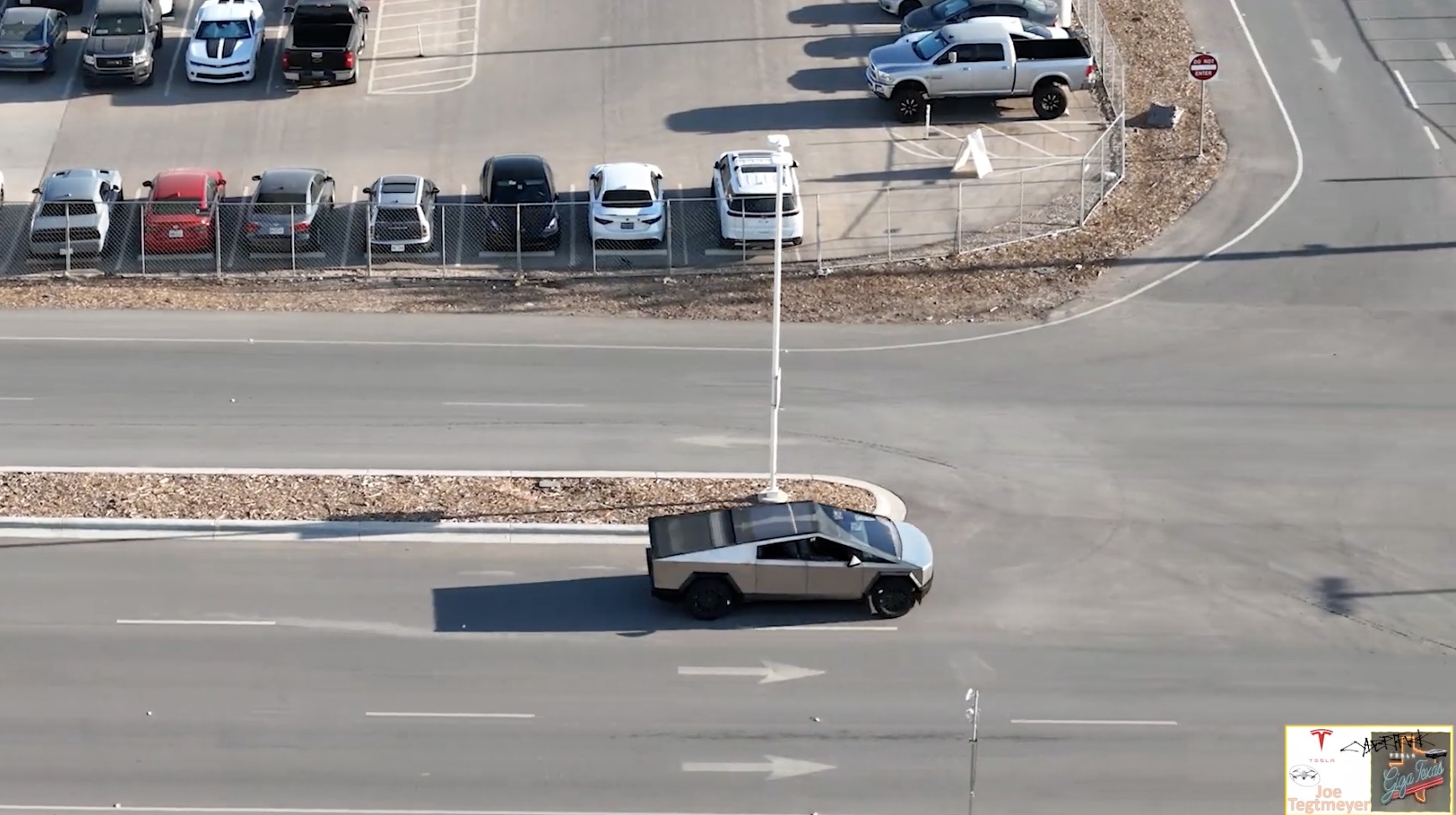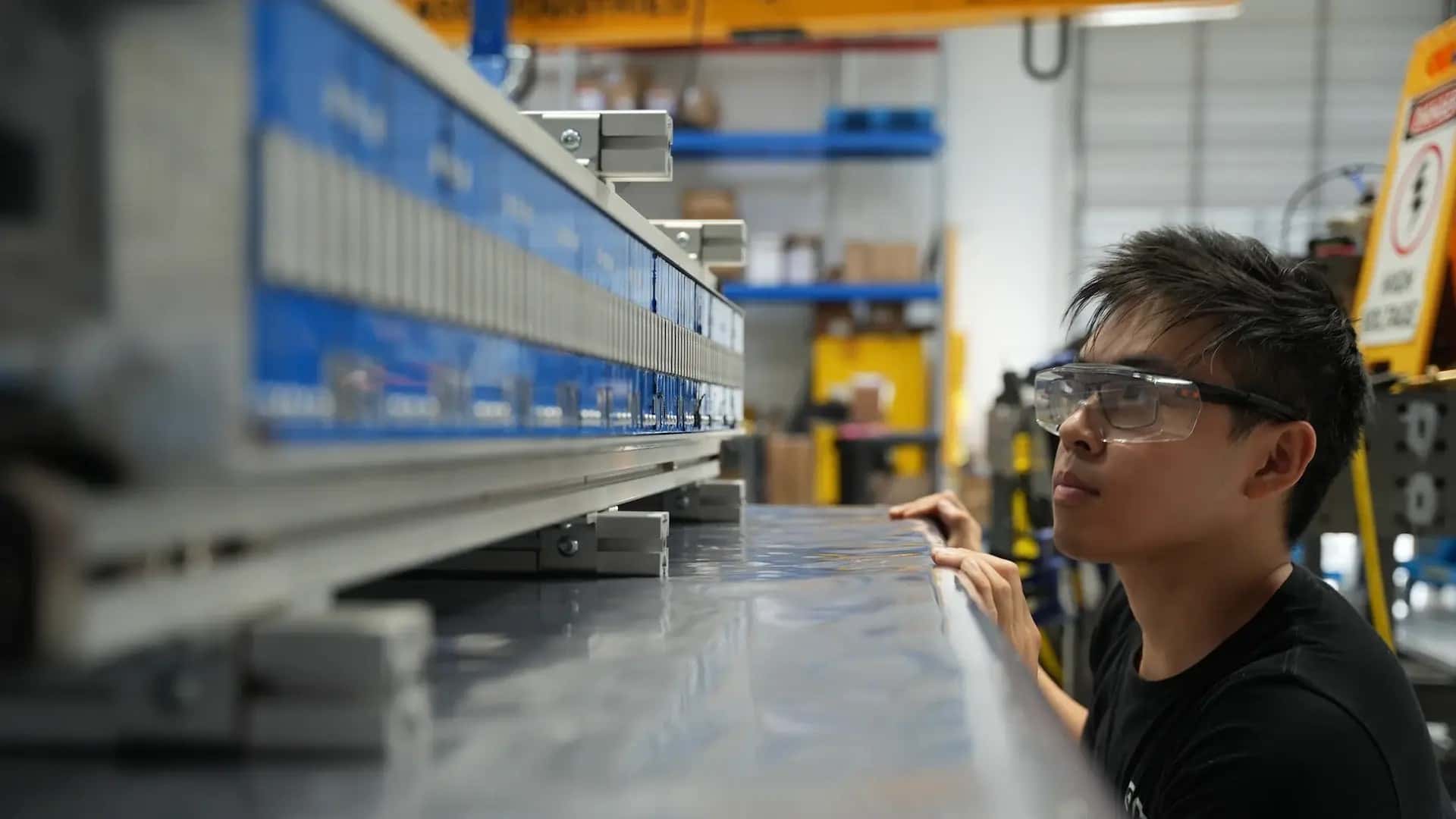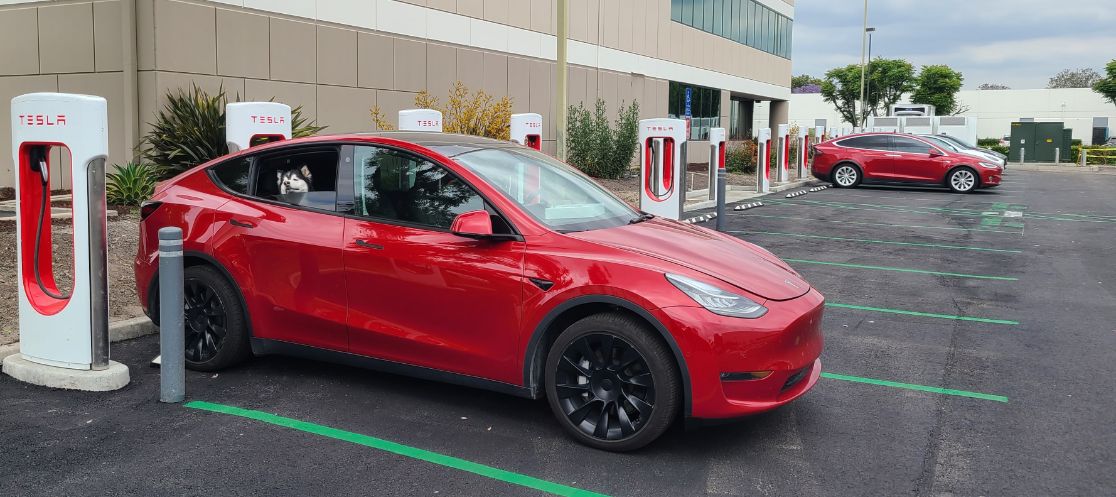In a move signaling its intent to bolster its technological capabilities, Tesla has recently posted a job listing for a senior engineering program manager to lead the design and engineering of what it describes as “first of its kind data centers.” With the company delving deeper into artificial intelligence, robotics, and full-self driving technologies, the necessity for increased data storage and processing capabilities has seemingly driven Tesla’s interest in constructing dedicated facilities.
Data centers, the physical hubs for storing vast volumes of digital information and housing essential computing infrastructure such as servers and network equipment, have become pivotal in enabling various tech-oriented services and solutions.
The advertised role is based at Tesla’s Austin headquarters and encompasses diverse responsibilities, including layout design, selection of infrastructure systems and distribution methods, and overall management of the complete data center design and engineering process.
Notably, established tech giants like Amazon Web Services, Microsoft Azure, and Google Cloud Platform have long recognized the significance of data centers in supporting their operations.
Tesla’s recent foray into utilizing data centers comes on the heels of its utilization of a facility previously employed by Twitter (now X), managed by NTT Global Data Centers, in Sacramento. The move followed the expiration of Tesla’s lease agreement and aligned with the company’s strategic shift towards enhanced data management.
Tesla has been extensively harnessing data to fine-tune its systems, leveraging information collected from its extensive fleet of electric vehicles deployed worldwide. The company’s neural network, a cornerstone of its AI-driven endeavors, is continually refined with real-time data gleaned from its vehicles operating across the globe.
However, the heightened focus on data collection has triggered concerns regarding data privacy and security. Reports have emerged that Tesla employees shared videos recorded by customer vehicles on an internal messaging platform between 2019 and 2022. Furthermore, earlier this year, a whistleblower leaked a substantial amount of data, totaling 100 gigabytes and comprising 23,000 files, as detailed by German newspaper Handelsblatt.
The European Union’s General Data Protection Regulation (GDPR), known for its stringent data protection provisions, imposes a potential risk for Tesla. If found liable for data privacy breaches, the company could potentially face substantial financial penalties, possibly reaching into the billions of dollars.
The potential applications of Tesla’s data centers extend beyond its automotive endeavors. The company’s growing focus on energy solutions, such as its virtual power plant and energy storage businesses, could also benefit from these facilities. Tesla’s customers, engaged in programs like the Emergency Load Reduction Program (ELRP), which allows Powerwall owners to redirect energy back into the grid during emergencies and receive compensation, might further drive the need for enhanced data infrastructure.
As Tesla embarks on this new phase of technological expansion, the construction of dedicated data centers could play a pivotal role in shaping the trajectory of the company’s ambitions across AI, robotics, autonomous driving, and beyond.

